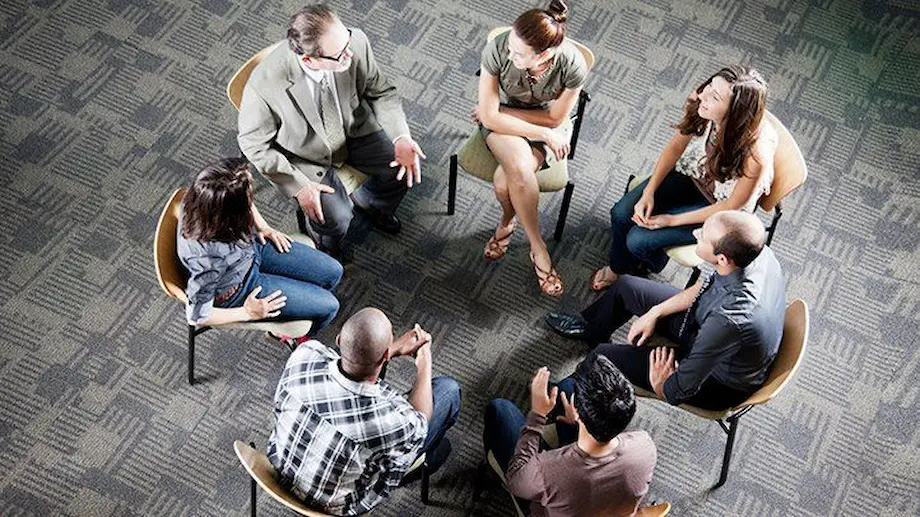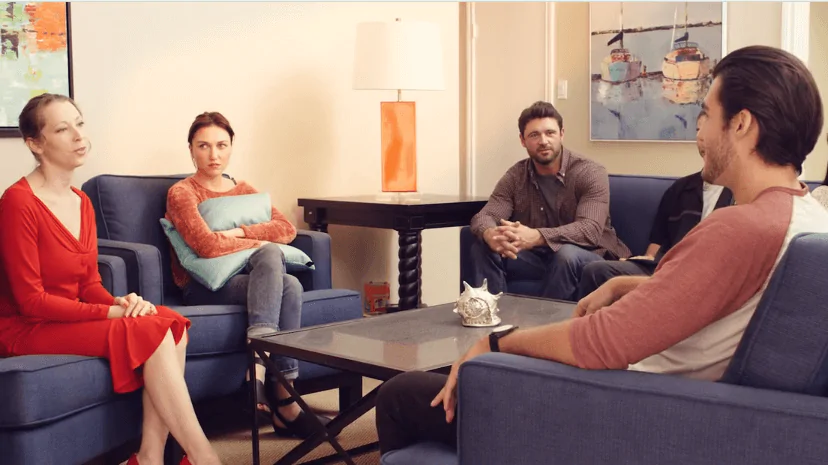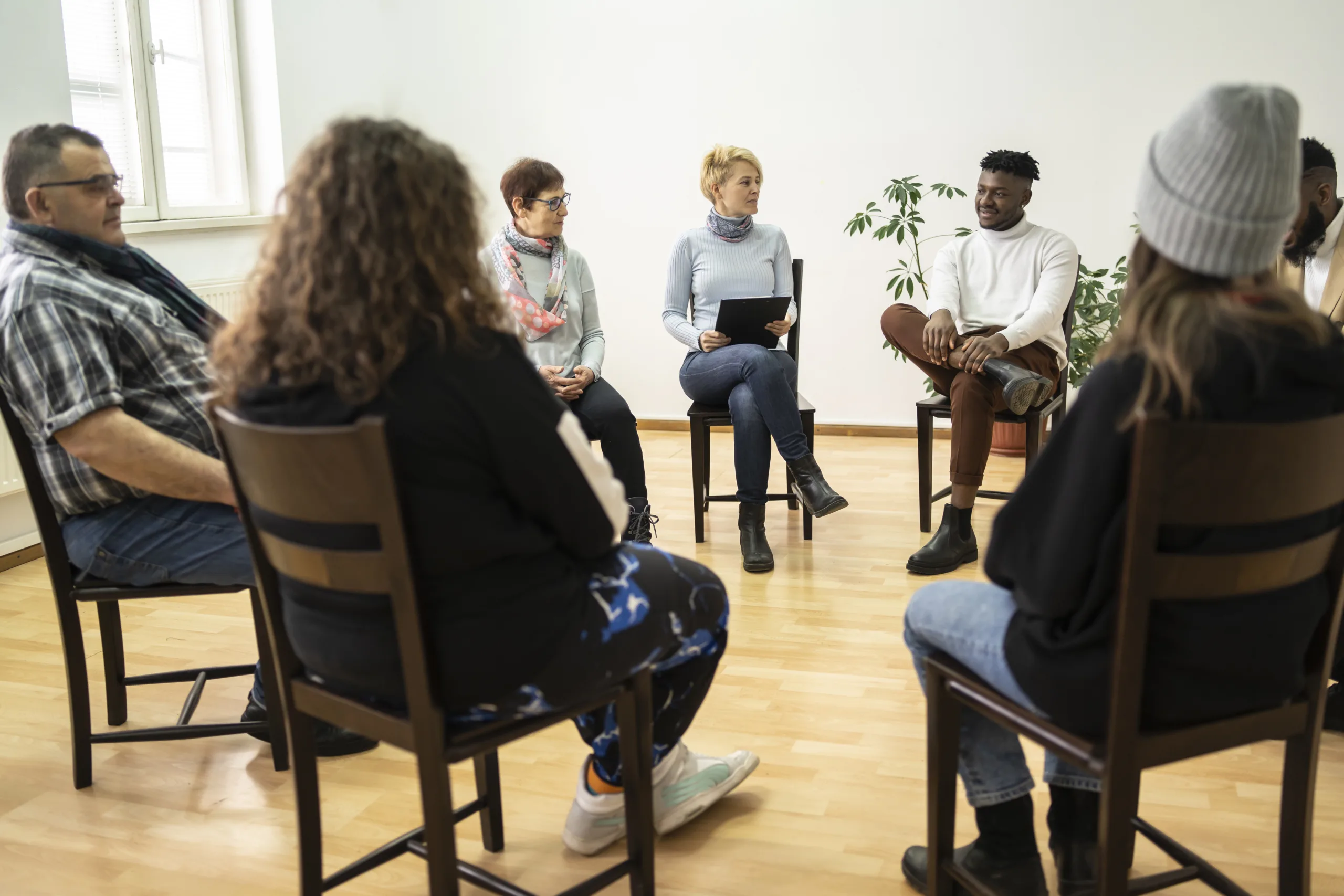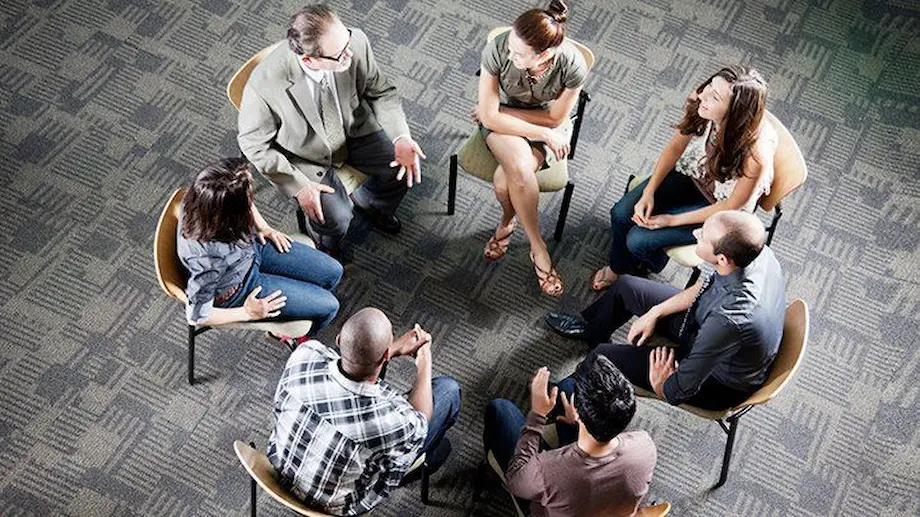24/7 Helpline:
(866) 899-221924/7 Helpline:
(866) 899-2219
Learn more about Residential Rehab centers in Big Rapids
Residential Rehab in Other Cities

Other Insurance Options

Private insurance

UnitedHealth Group

AllWell
Beacon

Aetna

Regence

Kaiser Permanente

Meritain

Premera

WellCare Health Plans

CareFirst

Evernorth

Highmark

Absolute Total Care

MHNNet Behavioral Health

American Behavioral

Self-pay options

BlueCross

Horizon Healthcare Service

Magellan

Ten16 Recovery Network
Ten16 Recovery Network has a proud history of providing services to people impacted by substance use...

Community Mental Health Services
Community Mental Health Services is a public rehab located in Big Rapids, Michigan. Community Mental...

Nova Counseling Associates
Nova Counseling Associates is a private rehab located in Big Rapids, Michigan. Nova Counseling Assoc...





























































































































